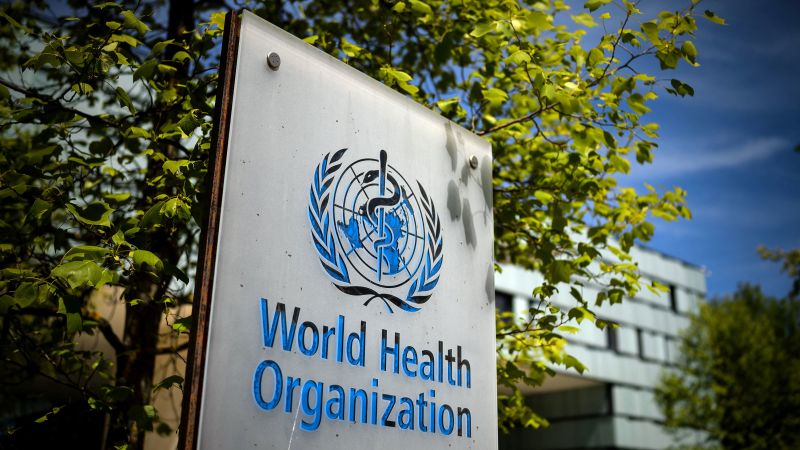“`html

Fact Check: Is a Mystery Illness Rapidly Killing People in Congo?
A news article published by the Associated Press and featured by CNN (view here) reports on a mystery illness in the Democratic Republic of Congo, claiming it has killed over 50 people within hours of symptom onset. Based on the information available, there are key elements in this report that require context and clarification.
What’s Accurate?
The article correctly states that health officials are investigating a disease outbreak in the Congo, which has reportedly caused over 50 deaths. The WHO has confirmed that common hemorrhagic fever diseases like Ebola and Marburg have been ruled out. These facts align with statements from medical authorities.
Where’s the Misrepresentation?
One of the most misleading aspects of the article is its strong implication that the illness is entirely “unknown” and rapidly fatal in all cases. While experts are still investigating, the article omits that a portion of the tested cases were positive for malaria, a well-understood and treatable disease. The framing of the story amplifies the mystery without addressing the possibility that malaria or other endemic diseases may be responsible for many of these deaths.
Missing Context on “Eating Bats”
The article associates the outbreak with three children who ate a bat and subsequently died, but this connection has not been scientifically proven. While zoonotic transmission is a possibility, the report does not provide evidence that consuming the bat directly led to the illness, leaving room for unnecessary fearmongering.

What’s the Reality?
This outbreak, like many in the region, is under investigation, and early reports frequently change as new evidence emerges. Sensationalizing the disease as a “mystery illness” without acknowledging the complexities of diagnosis misleads readers. Experts recommend waiting for conclusive findings rather than jumping to alarming conclusions.
Why Do Some in the Congo Eat Bats?
Bats, along with other bushmeat, are a traditional source of protein in several African countries, including the Democratic Republic of Congo. Some communities rely on wildlife due to food scarcity, and hunting these animals has been part of their culture for generations. While zoonotic disease transmission is a concern, eating wild animals is not unusual in regions where alternative food sources are limited.

Final Verdict
While there is an active disease outbreak in Congo, the media’s framing of it as an “unknown lethal fever” is premature and misleading. Tests indicate malaria may be involved, but the report downplays this in favor of a more alarmist narrative. Claims that a bat was the origin of the outbreak remain speculative. We encourage readers to follow verified public health sources as more information unfolds.
One of our subscribers requested this fact check. You too can submit fact-check requests for free, and we’ll investigate the claims and publish the results!

Want to stay ahead of misinformation? Download DBUNK, your trusted tool in the fight against fake news.
“`

